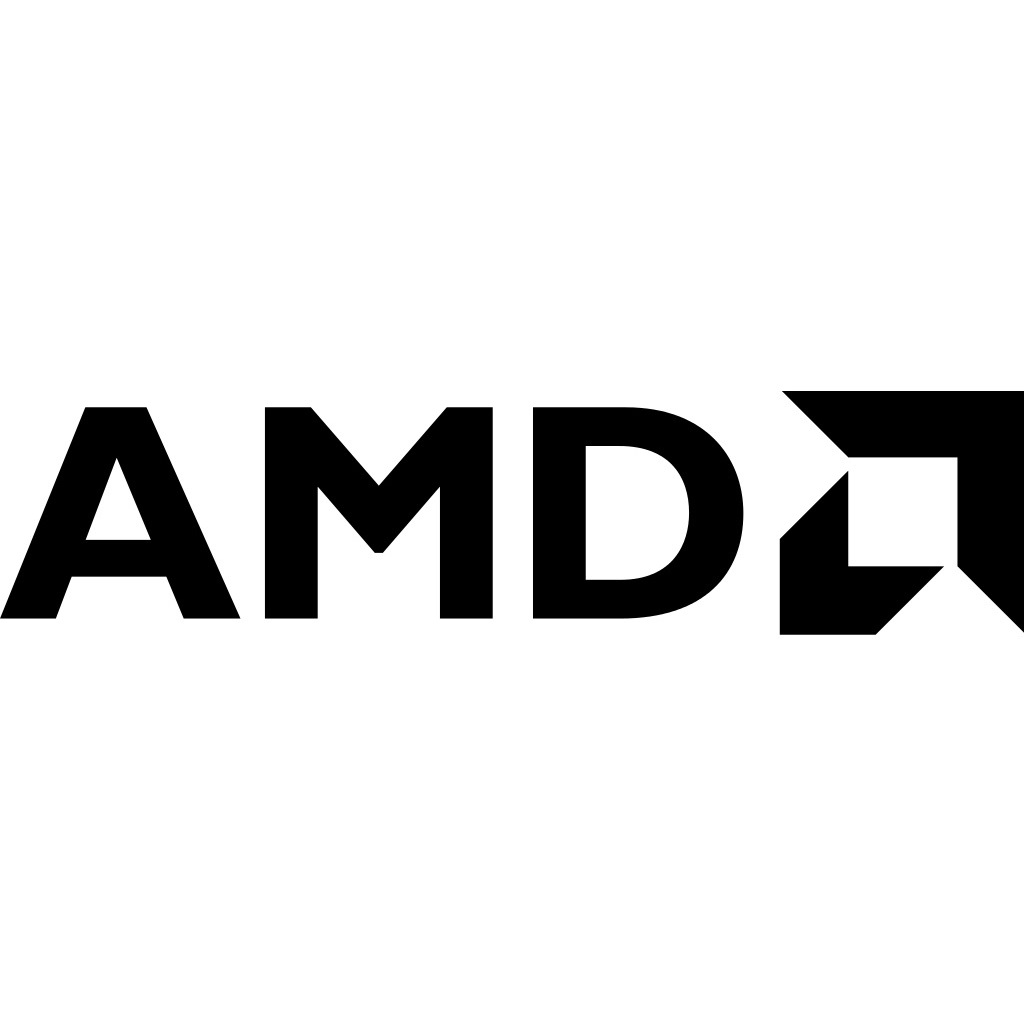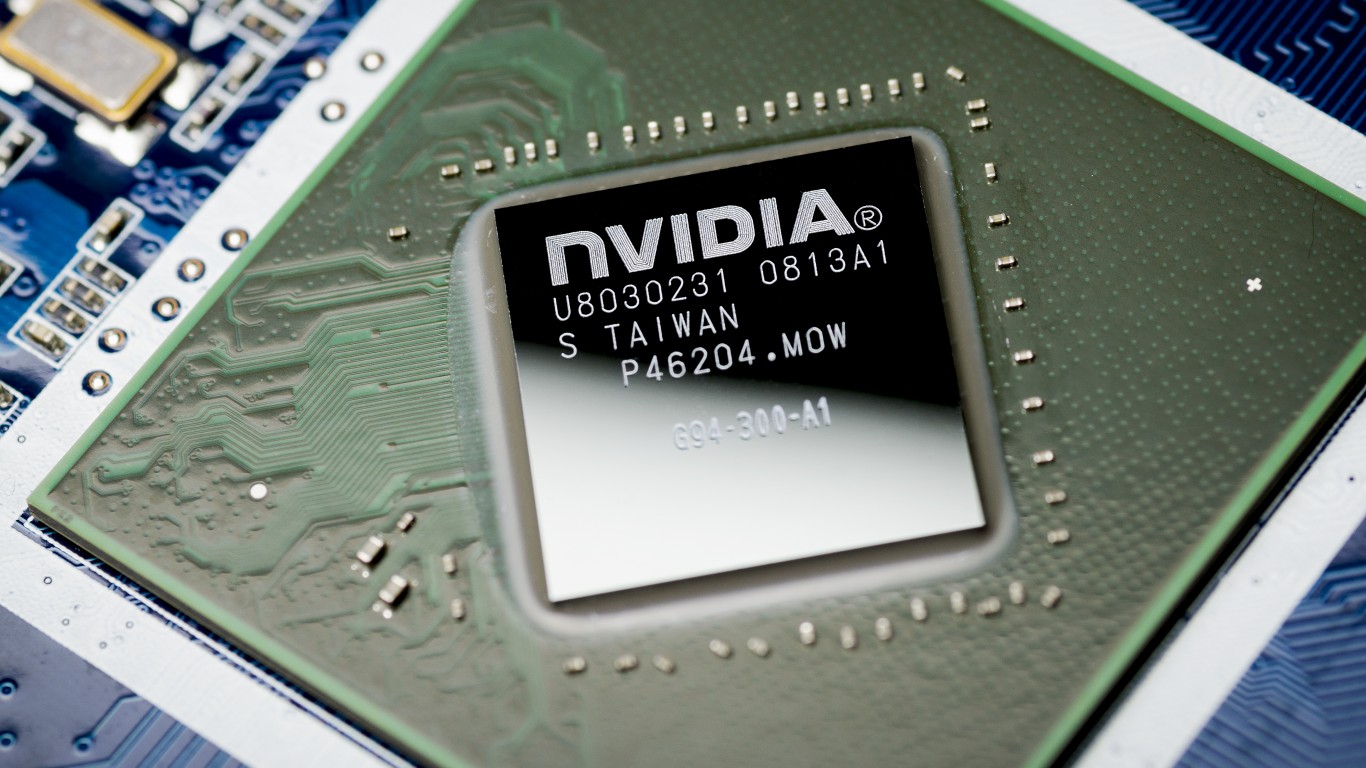
In the final weeks of January, the Dow Jones Industrial Average hit the 20,000 milestone for the first time, and Donald Trump was sworn in at the 45 president of the United States. Judging by the most shorted stocks traded on the Nasdaq, those short sellers who remained active continued to be cautious. Overall, moves in those stocks were mixed and mild between the January 13 and January 31 settlement dates.
However, there were two notable exceptions. Short sellers seemed to find something to like in AMD, and they shied away from Micron Technology. Both saw double-digit percentage swings in the number of their shares short in the post recent period.
Note that only three Nasdaq stocks had more than 100 million shares short by the end of January. In fact, two of them remain very far ahead of the pack.
Sirius XM
The almost 255.67 million Sirius XM Holdings Inc. (NASDAQ: SIRI) shares short by the end of January was almost 4% lower than on the previous settlement date, as well as the lowest level of short interest since October. Some 15.5% of the company’s float was sold short most recently. The days to cover rose from more than nine to more than 13 as the average daily trading volume dropped to a 52-week low.
Sirius shares hit a new high ahead of its latest earnings report. The stock ended the two-week period more than 2% higher, most of that gain coming in the final few days of the month. The Nasdaq was up less than 1% between the settlement dates. The stock is currently trading more than 5% higher year to date. It closed Thursday at $4.70 a share, in a 52-week range of $3.29 to $4.82.
Frontier Communications
After pulling back for three periods in a row, the number of shares short in Frontier Communications Corp. (NASDAQ: FTR) landed on more than 220.47 million as of the most recent settlement date. That was 19.0% of the telecom’s float, as well as the 11th consecutive period with more than 200 million shares short. The days to cover increased to more than 15 as the average daily volume fell off sharply.
There was speculation during the period about whether Frontier would raise its dividend. In the final two weeks of the month, short sellers watched the shares drop almost 3% but then recover enough to end the period more than 1% lower. The stock has retreated a bit more since then and closed most recently at $3.28. Shares have changed hands between $3.10 and $5.85 apiece in the past year.
MannKind
MannKind Corp.’s (NASDAQ: MNKD) short interest, at around 100.01 million shares on January 31, was around 2% higher than on the prior settlement date. That was the third time since last May that the number of shares short was more than 100 million, and it was 31.1% of the total float. The daily average volume rose from near 21 to about 29 during the period.
MannKind has been looking for ways to increase demand for its Afrezza. Shares ended the two weeks almost 3% higher, despite being down almost 7% at one point. The stock is still more than 18% lower since the beginning of the year to $0.52. The 52-week low, hit in November, is $0.41, and the 52-week high of $2.24 was seen last March.
AMD
By the end of the month, Advanced Micro Devices Inc. (NASDAQ: AMD) had more than 99.90 million shares short. That was up from more than 88.62 million on the previous settlement date. It was the fourth period in a row of rising short interest, as well as 12.8% of the company’s float. At the latest average daily volume, it still would take more than two days to cover all short positions.
Even though investors were pleased by AMD’s revenue prospects, the January 31 share price was more than 9% lower than on the previous settlement date. It was down more than 15% at one point during the period. The stock has recovered since and reached a new 52-week high of $14.27 this week. But it closed most recently at $13.42. The 52-week low is all the way down at $1.81.
Intel
More than 79.25 million Intel Corp. (NASDAQ: INTC) shares were sold short as of the most recent settlement date. Short interest grew more than 4% during the period to total 1.7% of the company’s float. Note that the number of shares short has topped 80 million only once since last May. As of the end of January, it would take about three days to cover all short positions.
Intel posted strong quarterly results during the period, and short sellers watched the shares climb more than 3% but give up all that gain in the last couple of days of the month. The share price pulled back more than 2% since to $35.46 on Thursday, putting the stock into the red year to date. Shares have changed hands between $27.68 and $38.45 apiece in the past 52 weeks.
Opko Health
Opko Health Inc.’s (NASDAQ: OPK) short interest of more than 73.99 million shares, as of the most recent settlement date, was up about 6% from the previous period. And it was 22.0% of the total float, as well as the greatest number of shares short since October. The daily average volume dropped again late last month, so the days to cover rose from more than 13 to almost 17.
For well more than a year, the CEO frequently has bought batches of Opko shares. The stock closed most recently at $8.10, in a 52-week trading range of $7.64 to $12.15. The share price ended the two-week short-interest period about 5% lower, but it is now down almost 13% since the beginning of the year and about 20% in the past six months.
And Others
Rounding out the top 10 were Novavax Inc. (NASDAQ: NVAX), Groupon Inc. (NASDAQ: GRPN), Micron Technology Inc. (NASDAQ: MU) and BlackBerry Ltd. (NASDAQ: BBRY). The only one here that saw a short interest gain was Groupon, lifting it into the top 10 for the latest period. Micron saw the sharpest drop, more than 16%, to the lowest short interest in at least a year.
Yahoo! Inc. (NASDAQ: YHOO) slipped out of the top 10 most shorted Nasdaq stocks, to reside in the same neighborhood as Microsoft Corp. (NASDAQ: MSFT) and Apple Inc. (NASDAQ: AAPL).
The most shorted NYSE stocks in the same period included Sprint, Alibaba and Bank of America.
Get Ready To Retire (Sponsored)
Start by taking a quick retirement quiz from SmartAsset that will match you with up to 3 financial advisors that serve your area and beyond in 5 minutes, or less.
Each advisor has been vetted by SmartAsset and is held to a fiduciary standard to act in your best interests.
Here’s how it works:
1. Answer SmartAsset advisor match quiz
2. Review your pre-screened matches at your leisure. Check out the advisors’ profiles.
3. Speak with advisors at no cost to you. Have an introductory call on the phone or introduction in person and choose whom to work with in the future
Get started right here.
Thank you for reading! Have some feedback for us?
Contact the 24/7 Wall St. editorial team.



